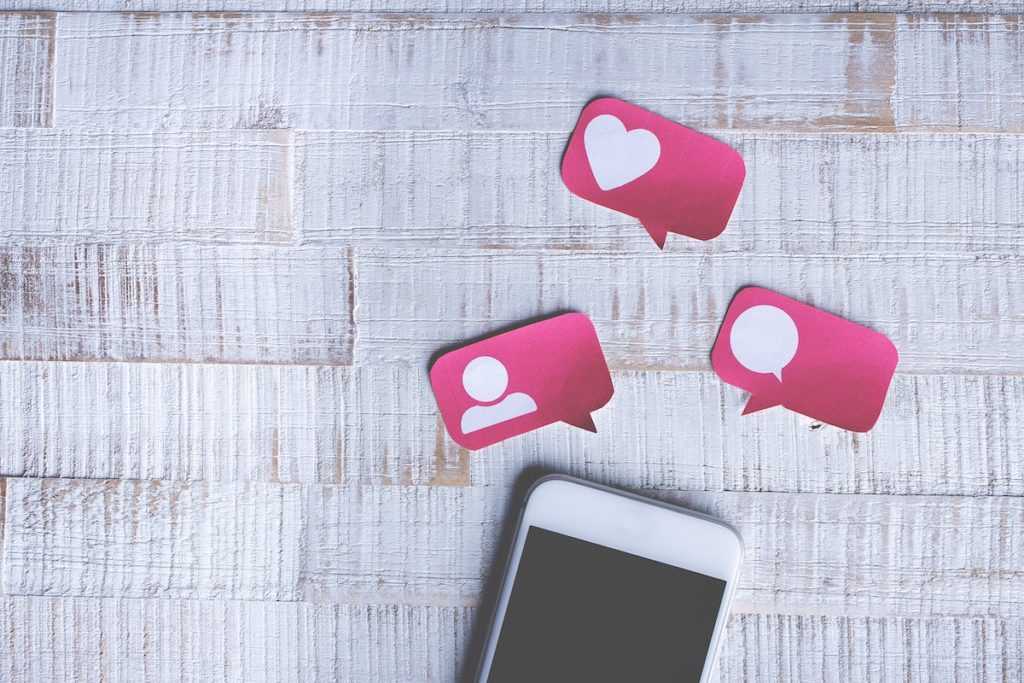What you call multitasking is really task-switching, says Guy Winch, Ph.D., author of Emotional First Aid: Practical Strategies for Treating Failure, Rejection, Guilt and Other Everyday Psychological Injuries. “When it comes to attention and productivity, our brains have a finite amount,” he says.
“It’s like a pie chart, and whatever we’re working on is going to take up the majority of that pie. There’s not a lot left over for other things, with the exception of automatic behaviors like walking or chewing gum.” Moving back and forth between several tasks actually wastes productivity, he says, because your attention is expended on the act of switching gears—plus, you never get fully “in the zone” for either activity.
Even though, sometimes multitasking is unavoidable, here are some ways to avoid putting ourselves in this situation:
-
Turn off cellphones or the ringer on the landline, or forward our phone to go directly to voice mail, when working on something important.
-
Set email programs so we are not notified every time we receive a new message.
-
Log off from Facebook and Twitter.
-
Set aside blocks of uninterrupted time for work.
Try the following: When talking on the phone all you should do is talk or listen on the phone. In a meeting do nothing but focus on the meeting. Any interruptions — email, a knock on the door — hold off until finished what you were working on.


